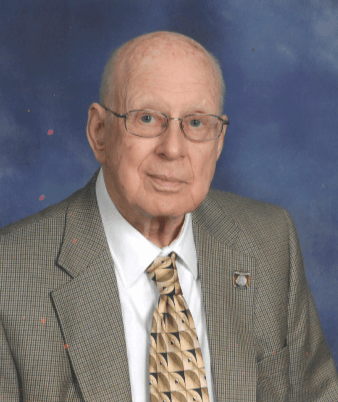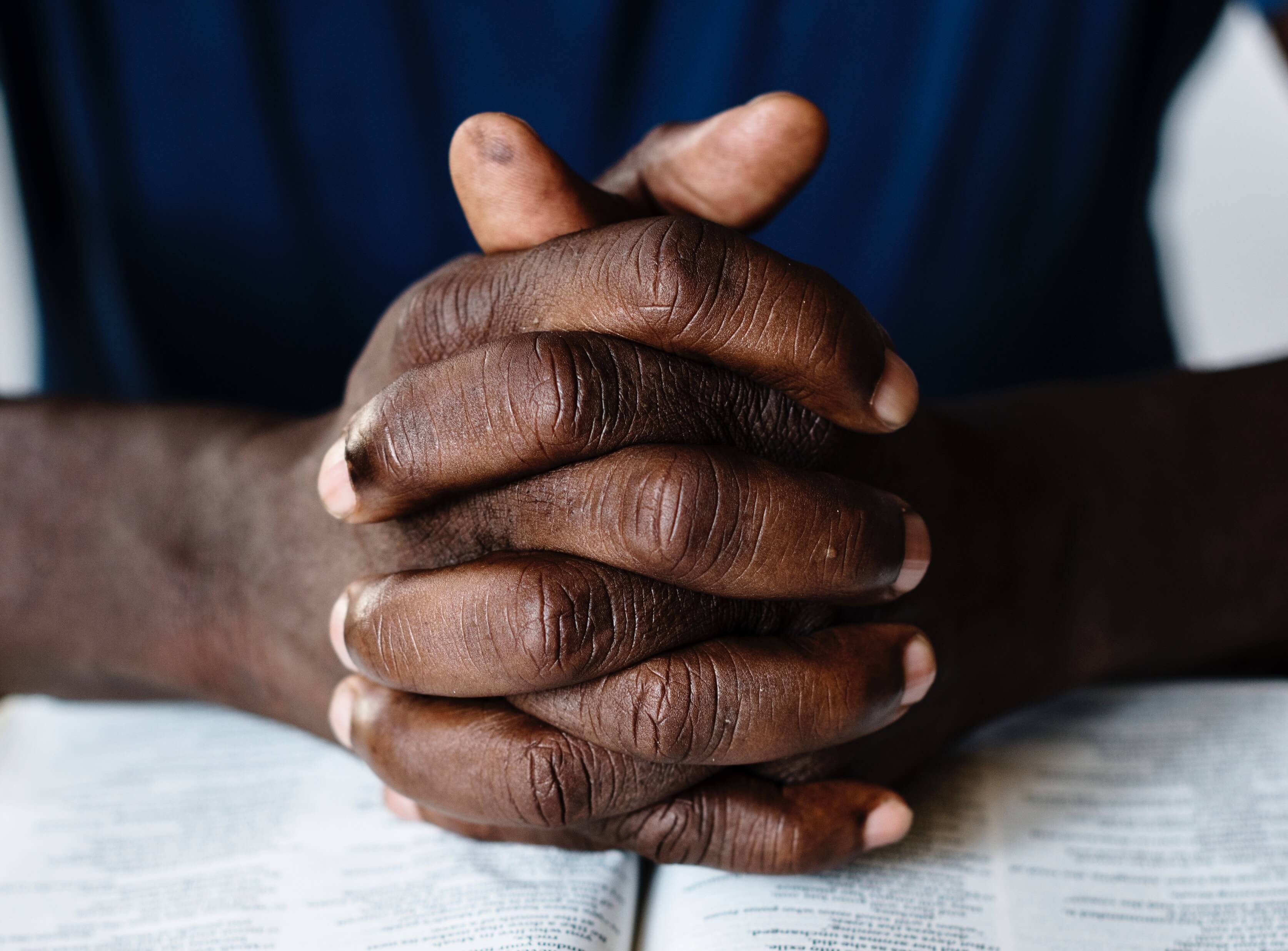

In the spring of 2017, after a string of hospital visits, we knew we needed more help to meet Dad’s needs. At 95 years old, his health was declining, and he was tired. We were all tired, and a little overwhelmed. So we made the call to Emmanuel Hospice.
I don’t think any of us knew what to expect when we made that call, or the relationships we would build. Emmanuel Hospice ended up caring for my Dad for 14 months, with nursing visits, massage therapy, spiritual care, music therapy, and more. We could all see how much he meant to them, not just as a patient, but as a person. We knew from the first visit that Dad was in good hands.
Even as his health declined, Dad was always ready for a
good conversation. I’m not sure that Dad ever fully understood the hospice concept, but he sure did love his visitors. In fact,
I think his enjoyment of life actually increased during that last year. He interacted with so many new people and had many great conversations.
Every person that he came in contact with made him feel important. Anna, his Hospice Aide, could carry on conversations with him even when he was confused, and his speech was difficult to understand. His Massage Therapist, Brenda, made him feel relaxed and softly encouraged him. And Vern, his Spiritual Caregiver, ministered to his soul through prayer and hymns. There were others, too – his Nurse, Social Worker, Volunteer Companion, Music Therapist – who cared for him deeply, with great attention to his needs.
I know how lucky we were to have them. It breaks my heart that many seniors are forgotten in our society, when they have so much spirit left. That’s why Emmanuel Hospice was such a gift to our family. They brought extra meaning to his life that we couldn’t give him alone. With every visit, they made Dad feel special. They remembered little details about him and found ways to connect, even when his illness made it hard.
Emmanuel Hospice treated my Dad with care and dignity, especially at the very end of his life. His Hospice Aide, Anna, was the last person to see him. She didn’t have to,
but she washed him up, shaved him, and got him looking good in his last hours. She treated him like he was a member of her own family. After Dad died, his Nurse Jennifer led our family in a blessing of thanks. Dad had lost his hearing, eyesight, and speech in those final days, but as we stood over him and thanked him for the ways his body and mind had blessed us over the years, I was struck with how dignified those final moments were.
That’s the kind of care that every person deserves at the end of their life. It’s also
the kind of care that Emmanuel Hospice can only provide with your help. Emmanuel Hospice treasures every person they care for, and every family they meet. They
made my Dad feel important and valued, and we are so grateful for that. I hope you understand how meaningful it is to receive that level of care in today’s society. Please consider making a special year-end gift to Emmanuel Hospice, so that this important work can continue for more families. Your financial support brings dignity and comfort at a difficult time, and it means more to us than you can know.
Sincerely,


Mitch Newenhouse
Son of Donald “Gene” Newenhouse
